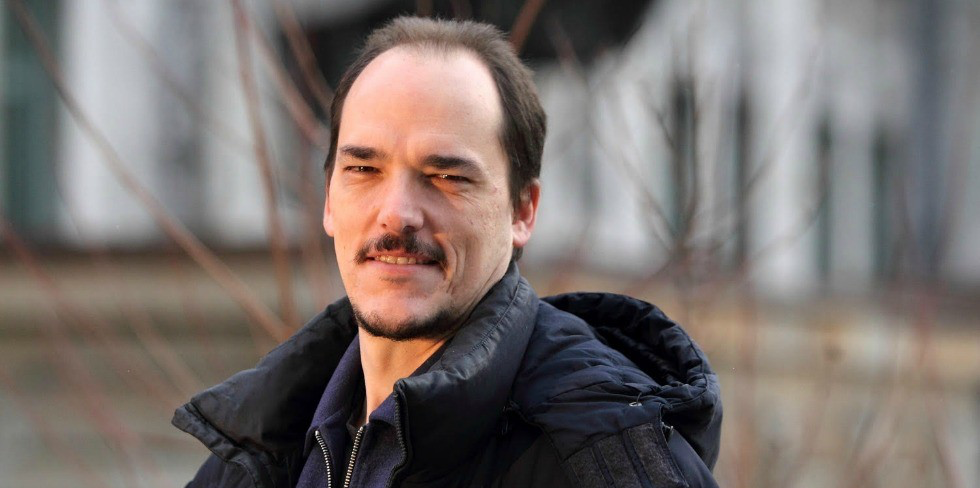Emergency response starts with values, priorities and goals. Our values, on which we try to reflect when we're not in the middle of an emergency response, emphasize the importance of life and of the public good. From our values emerge priorities in an emergency. Protect people, including the responders; protect communities; protect the infrastructure that allows the people around us to do the amazing things they do every day for the community and for society at large.
From our priorities, we derive operational goals in a particular real-world context when faced with an emergency. Get the interns out of harm's way, make sure the gas cylinders don't destroy our empty labs, maintain people's access to ebooks and journals so they can continue the scholarship and teaching society relies on. Hopefully in that order.
Every decision we make has to connect in as clear a way as possible from its operational goal to its associated priority, and go back to the value in which it is rooted. If we can't map the path that takes us from value to goal whenever we are asked, we still have some thinking to do.
When going into an emergency response, we pause and reflect. What are our values? What are our priorities? How will these generate goals? Depending on the nature of the emergency, we may have a split second to pause and reflect, or we might have an hour, or a day. No matter how little time the circumstances grant us, it is an essential step.
Gather info
We have to work with as much information as humanly possible. In an emergency response, we never know which piece of information is going to turn out to be crucial. We never know where it will come from, or how it will come to us. We need to have as many channels open as possible, and to be listening intently on all of them.
If we aren't constantly on the brink of being overwhelmed with information, we aren't listening to enough channels. We have to live at the very edge of human information processing capability, and we have to use all the technology at our disposal to enhance that capacity.
Analyze info
As all that information comes in, we have to determine, in real time, what is significant and what we're going to use. We're going to get it wrong. The best we can do here is to get it not quite as wrong as we otherwise could. We have to live with that.
Formulate options
We are working under extreme time constraints. If a decision should take a day, we will have to make it in a minute. If it should take a week, we will have to make it in an hour. If it should take a month, we'll be lucky to get a day. We need options, and we need them now.
Rank options
We won't think of all the options. We won't come up with the best ones. If we can identify the ones that would make the situation worse, and if we can avoid them, we're doing well. If we can identify the ones that will stabilize the situation, we've done pretty much everything that can be expected of us. Finding an option that makes the situation better right away is a luxury that we usually can't afford, and that we can't brag about if we manage it, because it was usually pure luck.
Implement options
We have to get things done. Once we have identified options and ranked them, we have to implement them. We have to assign precious limited resources that we won't then have to get other things done that we should be doing, to solve other problems, to pursue other priorities. Every time we get something done to solve one problem, we will create many others.
If we've done our job right up to this point-if we've kept our values in mind, worked with their associated priorities and pursued the goals that emerge from them, if we've gathered all the information we can, analyzed it as best we can, formulated options and ranked them-the problems we create should be better to have than the problems we solve.
If we've kept clear in our minds the path from values to goals and then to operations, we should be able to explain to the people who've trusted us with the emergency response why we did what we did, and not something else. Hopefully they will forgive us our failings. I wouldn't blame them if they didn't.
Pause and reflect
If you're wondering at this point how I have time to write 800 words about emergency response in the middle of an emergency response, pause and reflect.
André Costopoulos is vice-provost and dean of students at the University of Alberta.
